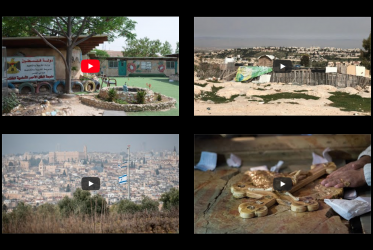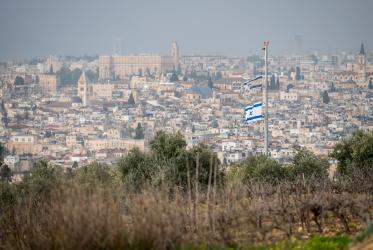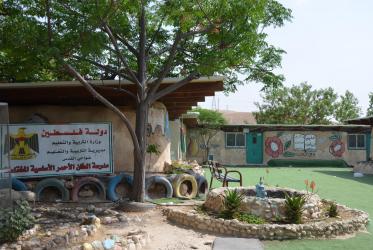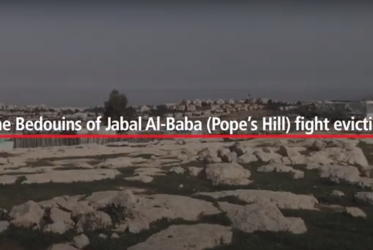Displaying 161 - 180 of 433
Jerusalén Oriental: sin nacionalidad ni voto
01 April 2021
Video: Freedom to worship - Easter Initiative 2021
01 April 2021
Video: Khan Al Ahmar - Easter Initiative 2021
01 April 2021
Video: Freedom to worship - Easter Initiative 2021
01 April 2021
Video: Khan Al Ahmar - Easter Initiative 2021
01 April 2021
Bedouins of Pope’s Hill fight eviction
30 March 2021









